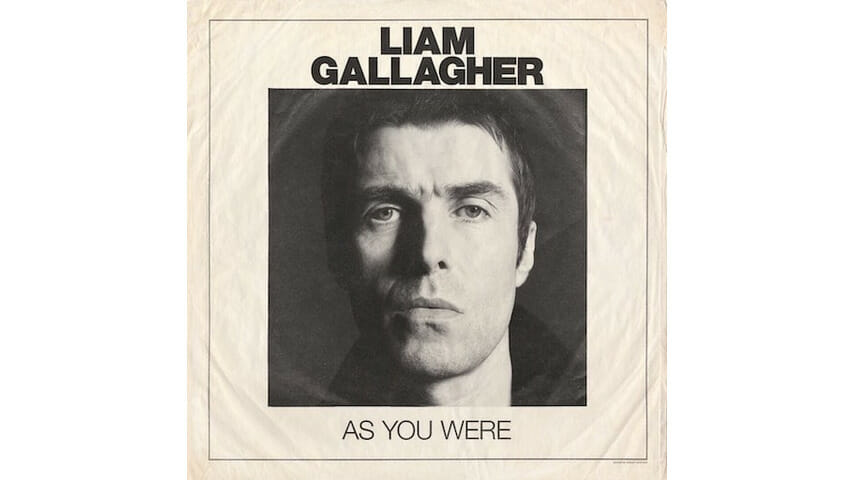Liam Gallagher: As You Were

Liam Gallagher is one of the few rock stars who remains as outspoken and surly as he was during his younger years. Just ask admirers like Ryan Adams. Whether it be his needling of his brother and other targets on Twitter or failing to recapture the magic in his post-Oasis outfit Beady Eye, the younger Gallagher has never been risk averse.
Beady Eye’s unexpected demise, culminating in a 2014 Coachella appearance cancelled at the last minute without reason, allowed Gallagher to remain relatively reclusive. Sure, he was moderately active on Twitter, but mostly to talk smack to soccer fans about the success of his beloved Manchester City Football Club. Hearing the plaudits his brother received for his solo albums served as motivation for the younger Gallagher to hunker down and write his most inspired material in two decades.
Read Paste’s recent interview with Liam Gallagher here.
In last year’s documentary, the excellent Supersonic, Liam admitted that what they may have lacked in talent, “no one could question our spirit.” He’s right. Noel Gallagher may have written all of the Oasis’ signature songs, but Liam was his conduit for giving them their bar-battered soul.
-

-

-

-

-

-

-

-

-

-

-

-

-

-

-

-

-

-

-

-

-

-

-

-

-

-

-

-

-

-

-

-

-

-

-

-

-

-

-

-








































